Skip to Main Content
Review your Topic and Assignment Requirements
- Define your topic: Once you have chosen a topic, state it as a question. This will help you to pull key words and concepts from it.
For example, “I want to write about mass media and children” becomes “What are the effects of video games on children?”
Notice that this question is more specific than the original topic because it focuses on a particular type of mass media, video games. You want to choose a topic that is broad enough to allow you to find enough sources, but narrow enough to cover in your paper.
From your question you can then pull key words and concepts to use in your research: effects, video games and children are the key concepts in which you are interested.
- Testing your topic: Review class readings to better understand the aspects of the topic and the different angles from which it can be approached.
Explore your topic first in an encyclopedia or on the Internet to see how much material there is on it. This can give you a clue as to whether the topic is worth exploring.
Check library databases to see how much published information is available before settling on a topic.
If you find too much, especially if the sources you find seem to have little to do with each other, your topic may still be too general. Considering the sources you have can be a good way to make it more specific. For instance, if you see that many of the articles on video games and children have to do with literacy, you may want to add that concept to your search.
If you have difficulty finding relevant sources, you may need to make your concept more general once again. For instance, if you had searched instead for Nintendo, children, and literacy, you may not have found much, and may want to go back to the more general term video games.
- Review assignment requirements: Evaluate and judge the depth of coverage needed based on the required length of the paper. If necessary, make your topic more specific or more general.
Do you need historical or recent sources?
In what academic disciplines might your topic be considered interesting? What sorts of information are used in that discipline?
Do you need to diversify your sources using articles, books, electronic media, audiovisual resources, or government documents?
If you are free to choose your own topic, you can consult lists that have proven useful to other students. You can consult CQ Researcher and Opposing Viewpoints, both listed under Databases on our Library homepage.
